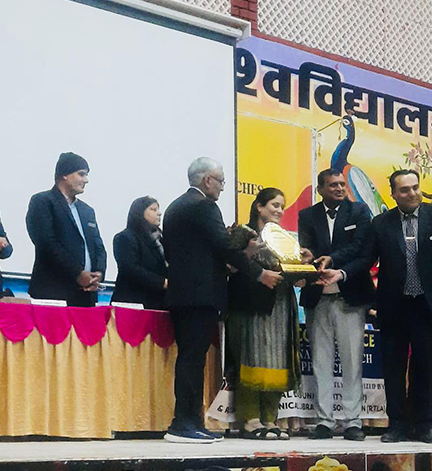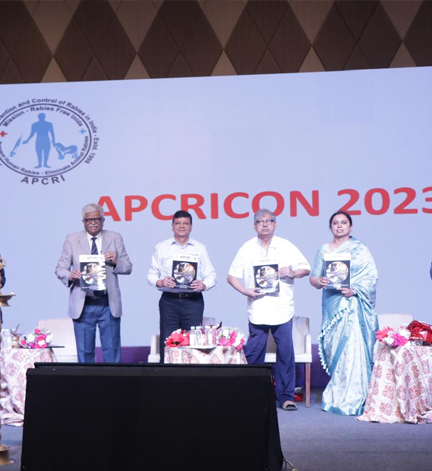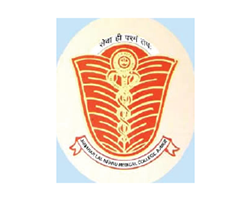Corporate Address:-
ADR Publications & Distributions Pvt Ltd
LG-37, Arora Shoppers Park, Shakti Khand II,
Indirapuram, Ghaziabad-201014, Uttar Pradesh, India
Registered Address:-
ADR Publications & Distributions Pvt Ltd
Plot-295, 1A, Niti Khand 1,
Indirapuram, Ghaziabad-201014, Uttar Pradesh, India
.jpeg)

















